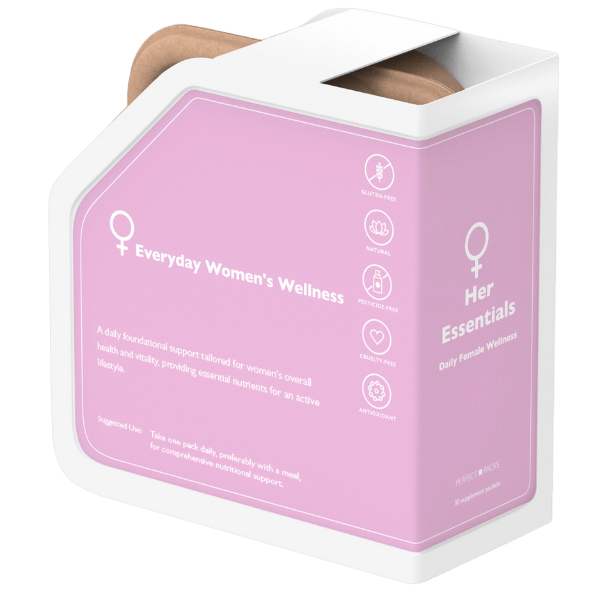For women using Ryeqo there will be no menstrual bleeding (period) during treatment and for a few weeks afterward. Prior to prescribing it your doctor will discuss your family history as well as check blood pressure and ensure that you are not pregnant.
There are medications known as gonadotropin releasing hormone (GnRH) agonists and antagonists that are used to reduce the levels of estrogen and progesterone in the body. This helps in shrinking fibroids and decreasing bleeding. Additionally GnRH agonists also prevent ovulation, reduce the size of the uterus and halt periods.















